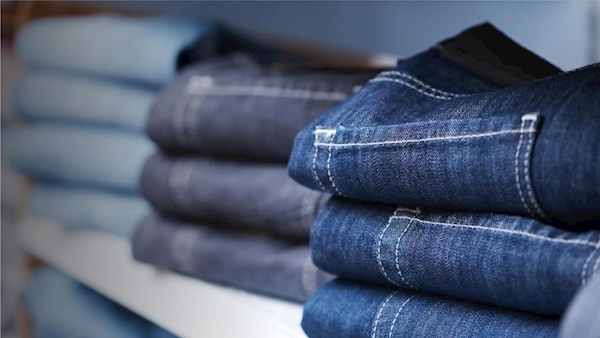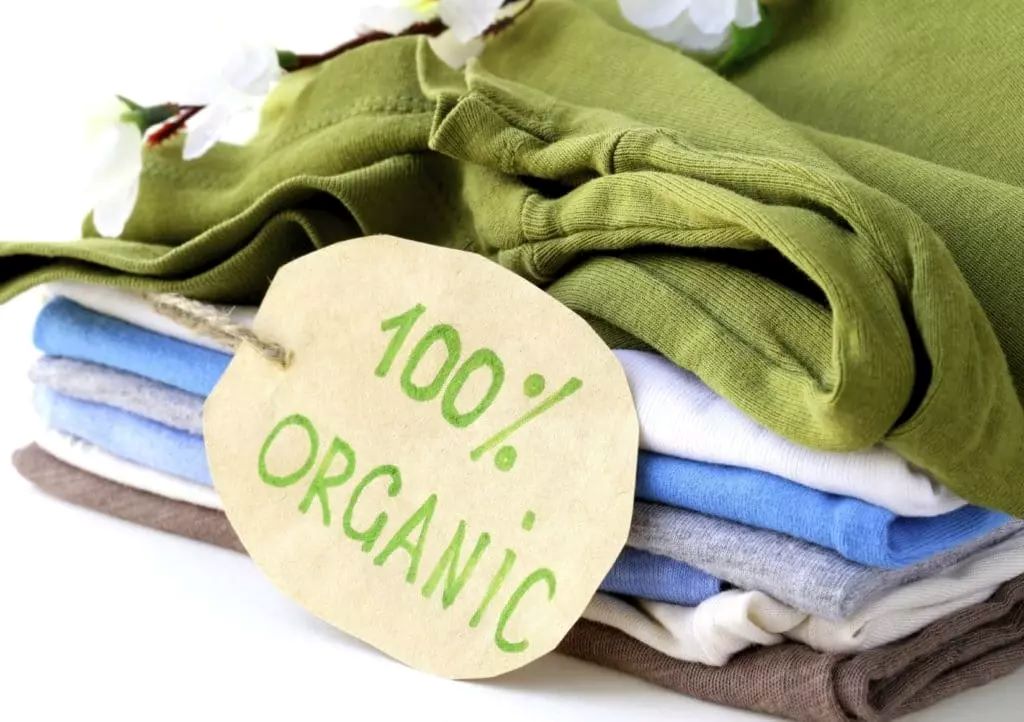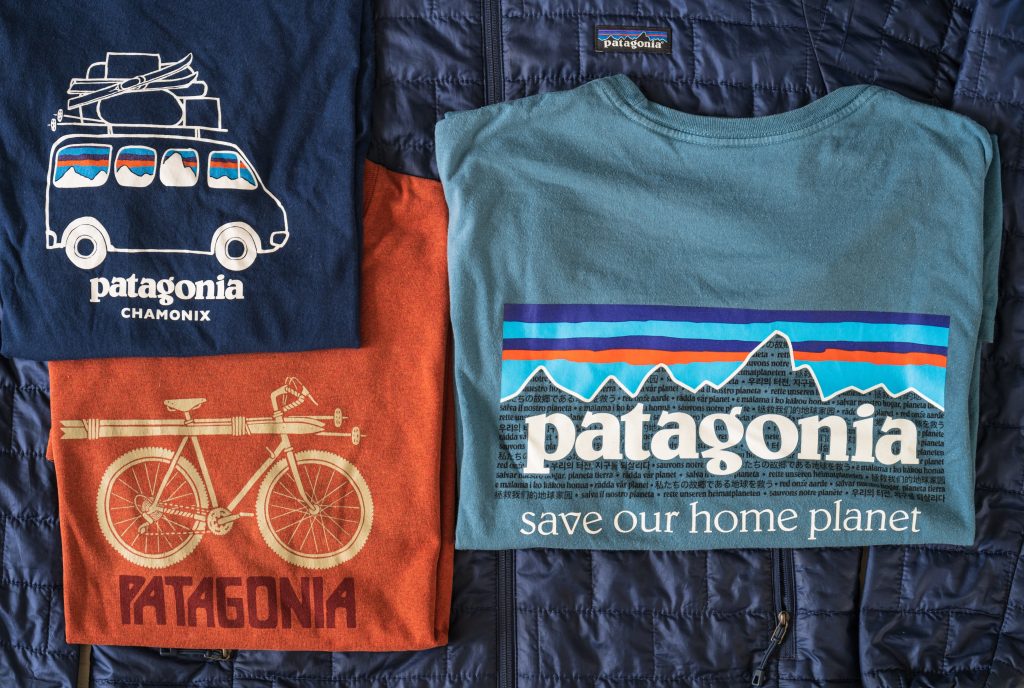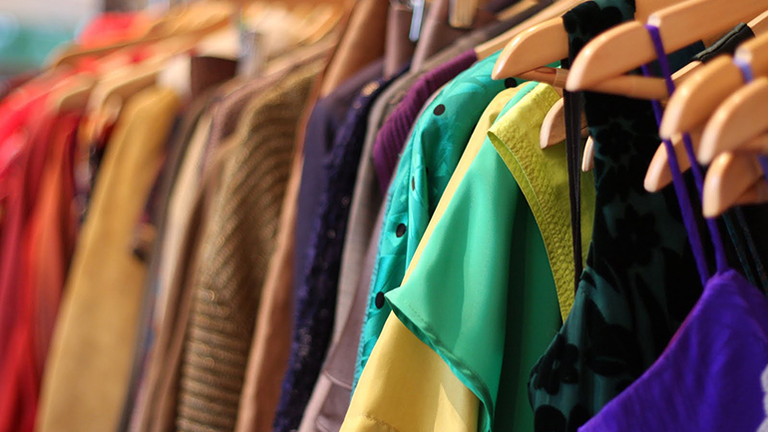
Days of scratchy recycled sweaters and uninspired eco-conscious options are passé. The European fashion market is embracing recycled textile materials with gusto, and a recent study by MDPI reveals the fascinating sourcing strategies behind this trend. Titled: “Importing Clothing Made from Recycled Textile Materials? A Study of Retailers' Sourcing Strategies in Five European Countries", the report highlights, how major retailers in the UK, Italy, France, Germany, and Spain are tapping into a global network of suppliers to bring sustainable style to their customers.
"The findings of this study suggest that the European fashion industry is taking significant steps towards a more sustainable future," says Leah Marsh, lead author. "The diversifying sources of recycled clothing and the increasing emphasis on nearshoring are encouraging signs that retailers are committed to offering eco-friendly options while also supporting local economies."
A world of recycled yarns
The sheer diversity of sourcing destinations is perhaps the most striking finding. Forget about a reliance on just a handful of countries – EU retailers are casting their net far and wide, importing recycled clothing from over 40 nations across Asia, America, Europe, and even Africa. This paints a picture of a truly globalized market for recycled textiles, indicating a robust and interconnected supply chain.
Location matters, but in a different way
Interestingly, the study reveals the geographical location of the supplier country plays a significant role in shaping the type of recycled clothing that ends up on European racks. For instance, retailers might favor sourcing basic, everyday items from Asian countries, while trendier, fashion-forward pieces are sourced closer to home or within the EU. This suggests a strategic approach to sourcing, catering to different consumer preferences and price points.
"Consumers have a growing appetite for sustainable fashion, and this is reflected in the sourcing strategies of European retailers," explains Sheng Lu, co-author of the report. "The variety and quality of recycled clothing available is improving rapidly, and we can expect this trend to continue as the market matures."
Developing vs. Developed: A level playing field
One might expect developing countries to dominate the landscape of recycled clothing production due to lower labor costs. However, the MDPI report throws a curveball. The study found no significant advantage for sourcing from developing countries compared to developed ones in terms of product sophistication, replenishment frequency, or pricing. This suggests a more balanced and mature market, where quality and efficiency trump solely cost-driven decisions.
Nearshoring: Sustainability with a local flavor
The report also highlights the growing importance of nearshoring within the EU. Retailers across all five countries studied showed a preference for importing from other EU member states. This trend likely reflects a desire for shorter supply chains, reduced environmental impact, and improved logistical efficiency.
"The emphasis on nearshoring demonstrates a commitment to not only sustainability but also supporting local economies within the EU," says Marsh. "This trend creates a win-win situation for both the environment and European communities."
The Future of recycled fashion
The MDPI report paints a vibrant picture of a burgeoning market for recycled clothing in the EU. With demand for sustainable options soaring, retailers are actively adapting their sourcing strategies to meet these changing tides. The diversity of suppliers, the strategic role of geography, and the rise of nearshoring all point towards a complex and dynamic ecosystem that is constantly evolving. This is good news for both the environment and fashion-conscious consumers, as it promises a wider range of high-quality recycled clothing options in the years to come.
By embracing recycled materials and diversifying their sourcing strategies, European retailers are leading the way towards a more sustainable future for the fashion industry. The global web of recycled textiles may seem complex, but the message is clear: Recycled fashion is here to stay, and its future is bright.
Beyond Basics: A Breakdown of Recycled Clothing Styles by Region
(Categories of recycled clothing sourced by EU from different regions)
Basic essentials (Asia: 60%, Europe: 20%, Other: 20%)
Fashion-forward pieces (Europe: 50%, Asia: 30%, Other: 20%)
Activewear (Asia: 40%, Europe: 30%, Other: 30%)
Luxury items (Europe: 80%, Other: 20%)












